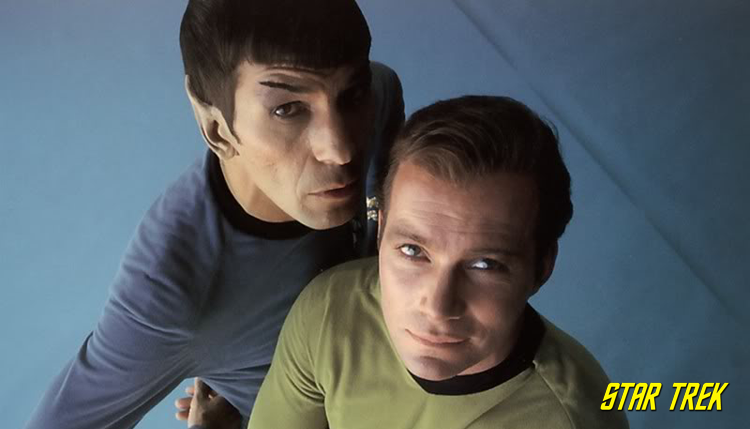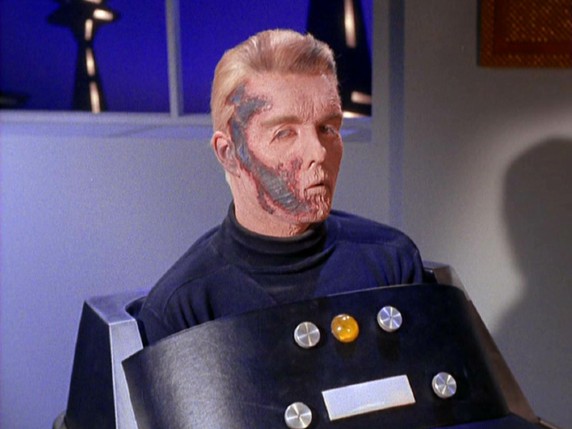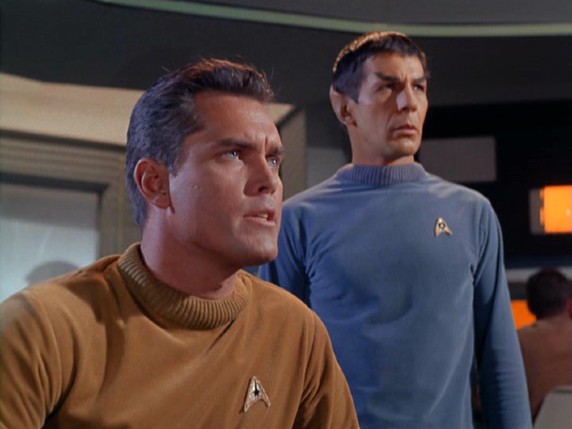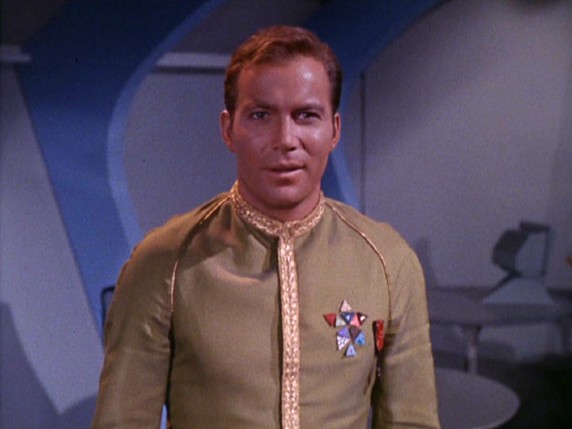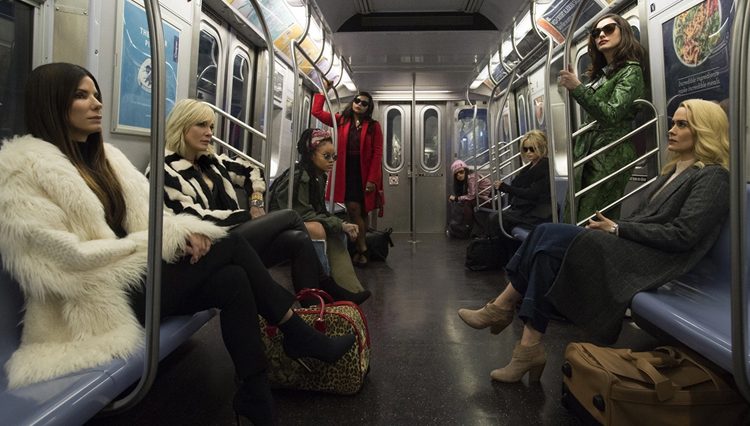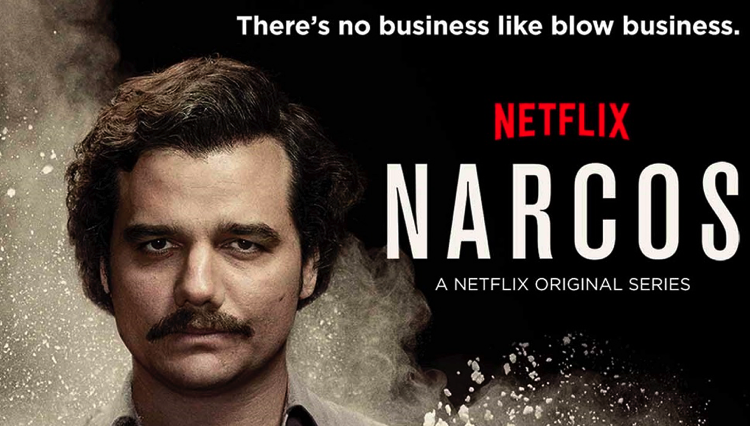“Captain Pike has an illusion, and you have reality. May you find your way as pleasant.”
The failed Star Trek pilot, “The Cage,” and the second pilot, “Where No Man Has Gone Before” represented an investment of $1.1 million, in 1966 dollars, for NBC (they sunk a lot of cash into a television series they allegedly despised), and the production costs were charged against the show’s first season. It may also be that NBC renewed Star Trek for the second half of the first season in an effort to recoup those costs. Star Trek may not have been a ratings juggernaut, but it did, more often than not, win its time slot (which meant NBC could charge more money per commercial during the broadcast).
The show was a hit with its core demographic. Only The Monkees received more fan mail. Producer Robert Justman didn’t want the high-quality production of “The Cage” to go to waste so he approached Roddenberry to conjure up some way to work the footage into an episode (or two). Roddenberry created an “envelope” narrative that would incorporate the events of “The Cage” into a two-part episode titled, “The Menagerie” (the original title of the pilot).
I’ve said before that I thought Roddenberry was a good idea man but in application a lazy writer. “The Menagerie” comes at the cost of further eroding the character of Spock after “The Galileo Seven.” Indeed, in the pilot, there is no indication Captain Christopher Pike and “half-Vulcan science officer” Spock had anything more than an agreeable, provincial relationship. Yet, we’re expected to believe Spock would defy Starfleet general orders, abduct the electronic wheelchair-bound Christopher Pike, steal the Enterprise, and set it on a course for the forbidden world of Talos IV just to make sure Pike lives out the rest of his retirement in relative comfort.
Does that sound like Spock? This is the same Spock that would leave well enough alone in his dealings with stagnant, destructive societies that threaten to destroy themselves if not for Kirk and McCoy’s moral prodding. Spock is, after all, half-human so that gives us the clever back-door emotional instability Vulcans do everything in their power to hide. As with his actions in “The Galileo Seven,” do you honestly think Spock would ever again be trusted with Starfleet responsibilities after this?
Why is Talos IV considered “off-limits?” Given what we know about their powers and proclivities, how are the Talosians any more dangerous than the Romulans, the Klingons, the Andorians, or the Tellarites? What about all those pesky god-like creatures roaming the galaxy? The Dominion? The Borg? Why does Starfleet have a death penalty? That’s a bit harsh, considering all the Talosians want is to save their race.
If, we have to assume, Starfleet read Pike’s report of Talos IV, they would immediately know what Spock was planning, yet we have to go through the fiction of a trial (and all that expensive footage) until Starfleet decides to exonerate him. Why is Kirk responsible for the actions of his first officer even though he was neither complicit nor aware of those actions? Even our Navy’s regulations are not this draconian. The real reason for all the tension is to give us an effective lead-out from the first episode to the second. Why have only Spock’s neck in the noose when we can put Kirk right next to him?
“The Cage,” by itself is a stunning piece of science fiction. A big-budget fantasy produced at a time when all genre audiences could hope for was giant grasshoppers and tarantulas. Jeffrey Hunter is a believable, if stiff, starship captain. We see the pale imitation (or innovation) of certain elements and characterizations that would carry forward into the series, but this is a Star Trek lacking the “secret sauce,” the assembled cast and a team of enormously talented writers, producers, and crew.
We also see the debt Star Trek owed to previous entries in the genre, notably the 1956 film, Forbidden Planet and the early television series, Captain Video and his Video Rangers. “The Menagerie” seeks to combine qualities from “The Cage,” and it often succeeds, even if in the end, it’s just a cheesy “clip show.” Most of all, it makes me appreciate the show we eventually got. While problematic, “The Menagerie” does have a kicker for an ending, and the expression on Kirk’s face as he realizes Pike will live out the rest of his life in happiness is worth the price of this bizarre journey. It’s a truly beautiful moment, and completely in keeping with the show’s philosophy and mission statement.
Twice a week, Star Trek Rewind explores the Star Trek universe. From Archer to Janeway, Kirk to Picard, and Georgiou to Sisko — boldly read what no one has read before!


